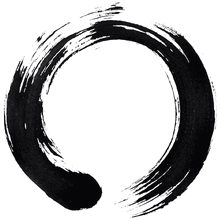Advaita Vedanta tradition provides a beautiful answer to the 'Who Am I?' question: 'I am nothing; I am pure consciousness'. But what do concepts like 'nothingness' and 'consciousness' mean? And how does knowledge of these concepts help us experience positive emotions and promote excellent personal conduct? Through the articles below, I share with you my understanding of these concepts, drawing inspiration from Advaita Vedanta, which has its own unique terminology and style of teaching.










